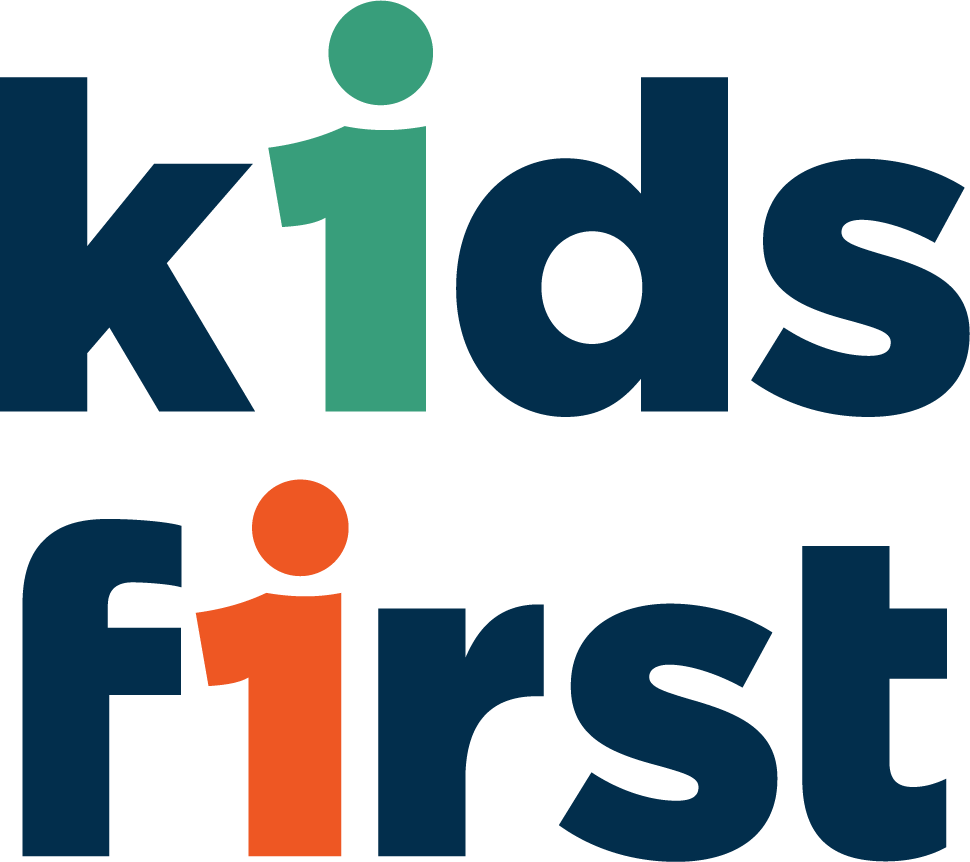5 Things About Kinship Care You Need to Know
Kinship caregivers, who provide 39% of the care for foster children, are crucial to the well-being of the children in their care. In honor of National Kinship Care Month coming up in September, here are 5 things you should know about kinship care.
1. Kinship Care is when the legal caregiver of a child is a relative or close friend.
5 Things About Kinship Care You Need to Know - Kids First, Inc. - Fort Worth, TX
To ensure their immediate safety and prevent them from abuse or neglect, CPS removes children from their homes. When doing so, they hunt for a relative who will take on temporary or long-term care of the child. In this situation a relative is a kinship caregiver.To provide kinship care, you don’t need to be a blood relative. A kinship caregiver can also be someone who is very close to the child, such as a neighbor, teacher, or clergyman.
2. Children experience stability and familiarity with Kinship Caregivers.
Regardless of whether there is a biological connection, all nurturing, loving families may give children security, affection, and a foundation for success in life. Kinship caregivers stand out because they may provide a real, positive connection to the child’s past. Children who receive kinship care may benefit from maintaining their biological ties, preserving their cultural identity, and experiencing continuity, trust, and stability in their family lives.
3. To help care for the children, verified (Licensed) Kinship Caregivers receive benefits.
The same benefits that foster caregivers receive are not necessarily available to kinship carers. Kinship carers will, however, also be qualified for financial compensation and health insurance if they become licensed.
4. Kids First can help Kinship Caregivers navigate kinship verification.
A Kids First Information Meeting is the first requirement for verification (licensure). The staff at Kids First will guide you through the application process here. The following steps are included in the home licensing process:
Document gathering (such as a driver’s license, etc.)
Everyone residing in the home must submit to background checks
Home study
Training
Most families finish the process in 3 to 6 months.
5. Long-term permanency with their Kinship caregiver is beneficial for children.
A child has stability when they live permanently with family. There are two choices: adoption and permanent managing conservatorship (PMC).
PMC refers to a person who has been designated by a judge as a child’s legal guardian. Support services for post-permanency are available for kinship caregivers who have PMC.
Another choice available for kinship caregivers is adoption. Adoptive kinship families have access to post-adoption services.
We are aware that adoption or PMC are not the end of the journey. To assist kids and families in the Dallas and Fort Worth, Texas, areas, Kids First offers post-adoption and post-permanency services. With the assistance of these services, families and children can:
Maintain the family unit
Adjust to their permanent family
Cope with any history of abuse or neglect
Contact Kids First right now if you or a loved one needs support through your kinship care journey.


